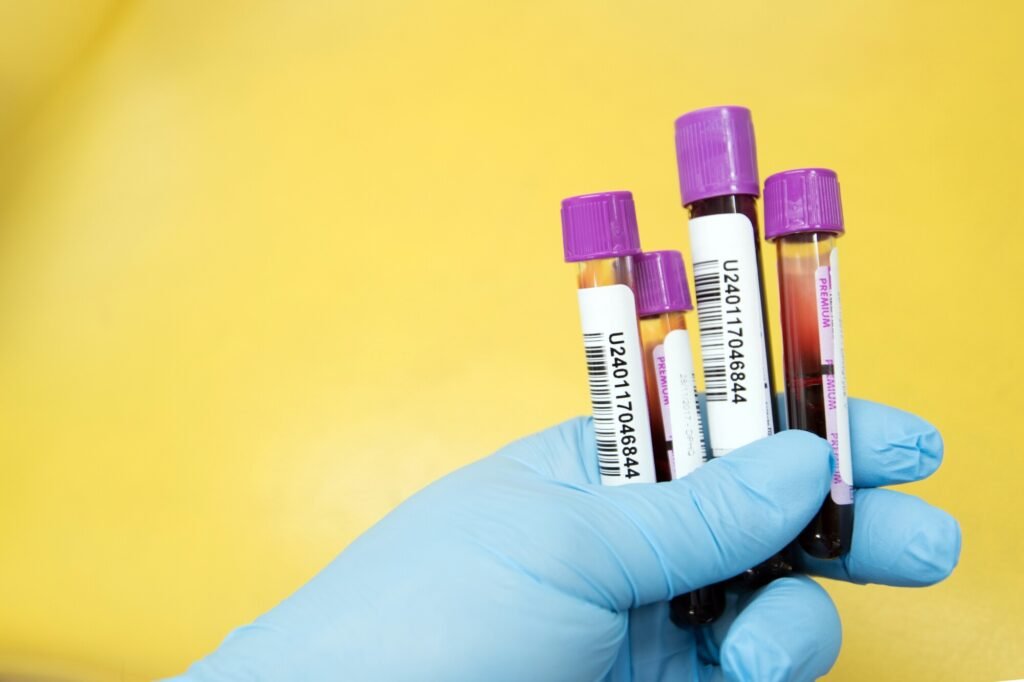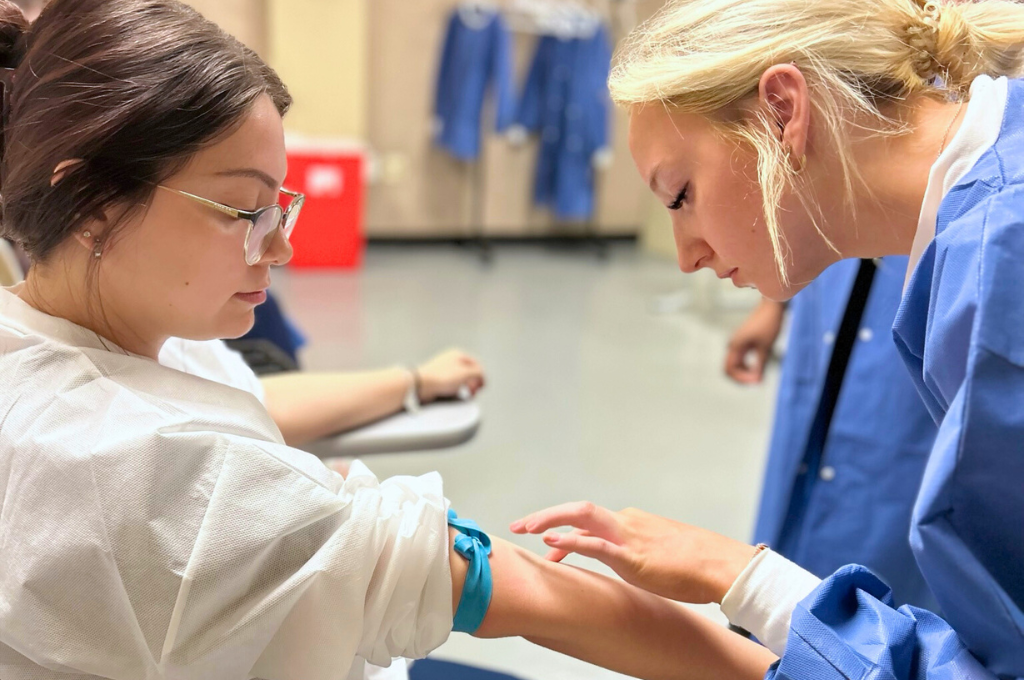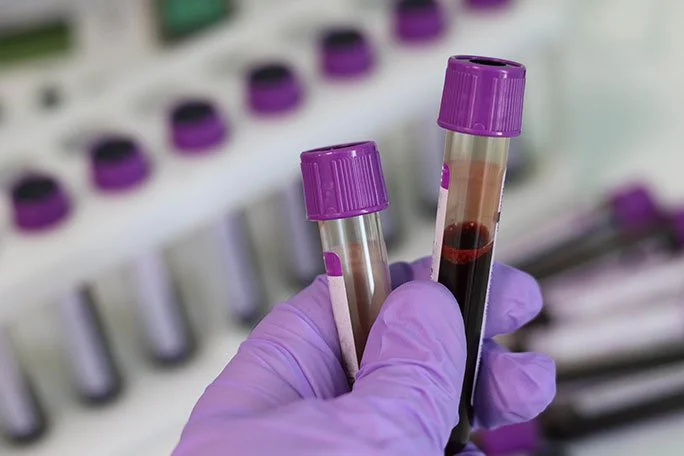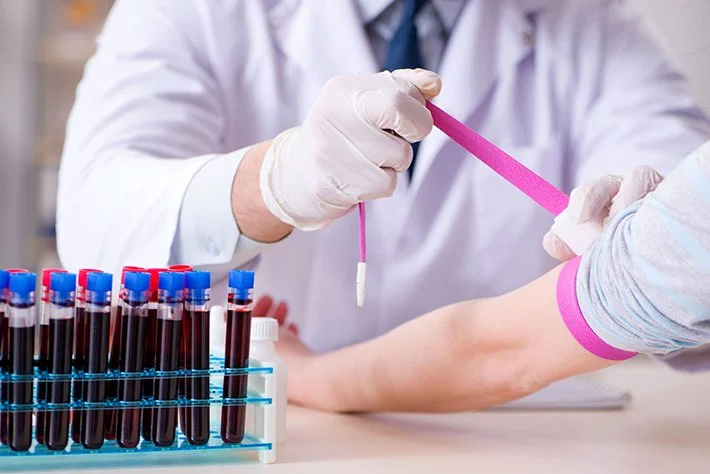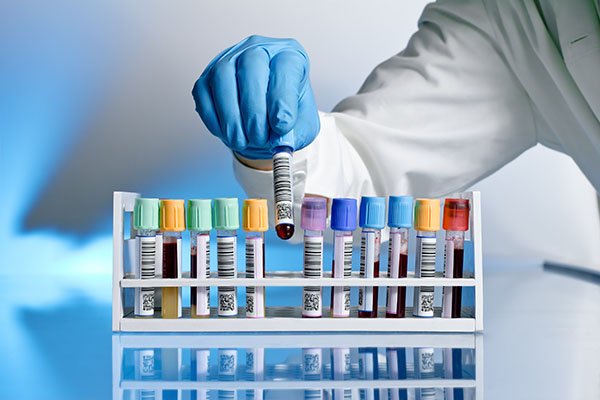Privacy Issues In Direct-To-Consumer Genetic Testing
Direct-to-consumer genetic testing has become increasingly popular in recent years, with companies like 23andMe and AncestryDNA offering consumers the ability to learn more about their ancestry and genetic predispositions to certain health conditions. While these tests can provide valuable insights into our genetic makeup, there are also significant privacy concerns associated with this type of testing. In this article, we will explore some of the key privacy issues that arise when using direct-to-consumer genetic testing services.
Direct-To-Consumer Genetic Testing Companies
Direct-to-consumer genetic testing companies have gained popularity in recent years as people seek to learn more about their ancestry, health risks, and genetic traits. These companies offer individuals the opportunity to explore their genetic makeup from the comfort of their own homes, without the need for a doctor's prescription or a visit to a medical professional.
Accuracy Of Direct-To-Consumer Genetic Testing
Direct-to-consumer genetic testing has become increasingly popular in recent years, with more and more people opting to learn about their DNA from the comfort of their own homes. While these tests can provide fascinating insights into ancestry, health risks, and genetic traits, there are concerns about the accuracy of the results. In this article, we will explore the accuracy of direct-to-consumer genetic testing and what consumers should know before deciding to take one of these tests.
Benefits Of Direct-To-Consumer Genetic Testing
In recent years, direct-to-consumer genetic testing has become increasingly popular as a way for individuals to learn more about their genetic makeup and health risks. These tests can provide valuable information about ancestry, potential health conditions, and even personalized nutrition and fitness recommendations. In this blog post, we will explore the benefits of direct-to-consumer genetic testing and how it can empower individuals to take control of their health.
Direct-To-Consumer Genetic Testing Risks
Direct-to-consumer genetic testing has become increasingly popular in recent years, with many people eager to learn more about their ancestry, health predispositions, and even traits like athletic ability or intelligence. While this type of testing can provide valuable insights, it also comes with a number of risks that consumers should be aware of before purchasing a kit.
Direct-To-Consumer Genetic Testing
Direct-to-consumer genetic testing has gained popularity in recent years as advancements in technology have made it more accessible and affordable. These tests provide individuals with information about their genetic makeup, including their ancestry, predisposition to certain diseases, and potential responses to various medications. While this type of testing can be informative and empowering, there are also some potential drawbacks and concerns that individuals should be aware of before deciding to undergo testing.
Responsible Use Of Genetic Information.
Genetic information is becoming increasingly accessible to individuals through services like ancestry DNA testing and genetic health screenings. While this information can provide valuable insights into our ancestry and health risks, it also raises important ethical and privacy concerns. In this article, we will explore the importance of responsible use of genetic information and the implications of misuse.
Possibility Of Eugenics In Genetic Testing
Genetic testing has come a long way in recent years, allowing individuals to uncover valuable information about their ancestry, health risks, and even potential genetic disorders. With advancements in technology, the possibility of eugenics in genetic testing has become a topic of debate among ethicists, scientists, and the general public.
Genetic Testing And Insurance Ethics
Genetic testing has become a key player in the field of personalized medicine. By analyzing an individual's genetic makeup, healthcare providers can more accurately predict and treat diseases. However, with this advancement in technology comes a host of ethical dilemmas, particularly in the realm of insurance. Should insurance companies have access to an individual's genetic information? And if they do, how should they use this information when determining coverage and premiums? In this blog post, we will explore the ethics surrounding genetic testing and insurance.
Discrimination Related To Genetic Testing
Genetic testing has become increasingly popular in recent years, offering individuals the ability to learn more about their ancestry, health risks, and potential genetic disorders. However, with the rise of genetic testing comes the potential for discrimination based on an individual's genetic information. In this blog post, we will explore the various ways in which discrimination related to genetic testing can occur and how individuals can protect themselves.
Consent In Genetic Testing
Genetic testing has become increasingly popular in recent years, offering individuals the opportunity to uncover valuable information about their health, ancestry, and potential risks for certain diseases. However, with this rise in popularity comes important considerations regarding consent and privacy.
Gene Editing And Ethical Concerns
Gene editing technology has the potential to revolutionize the way we treat genetic disorders, develop new medical therapies, and even enhance certain traits in individuals. However, with this great power comes great responsibility. As we continue to push the boundaries of what is possible with gene editing, it is important to consider the ethical implications of manipulating the building blocks of life.


